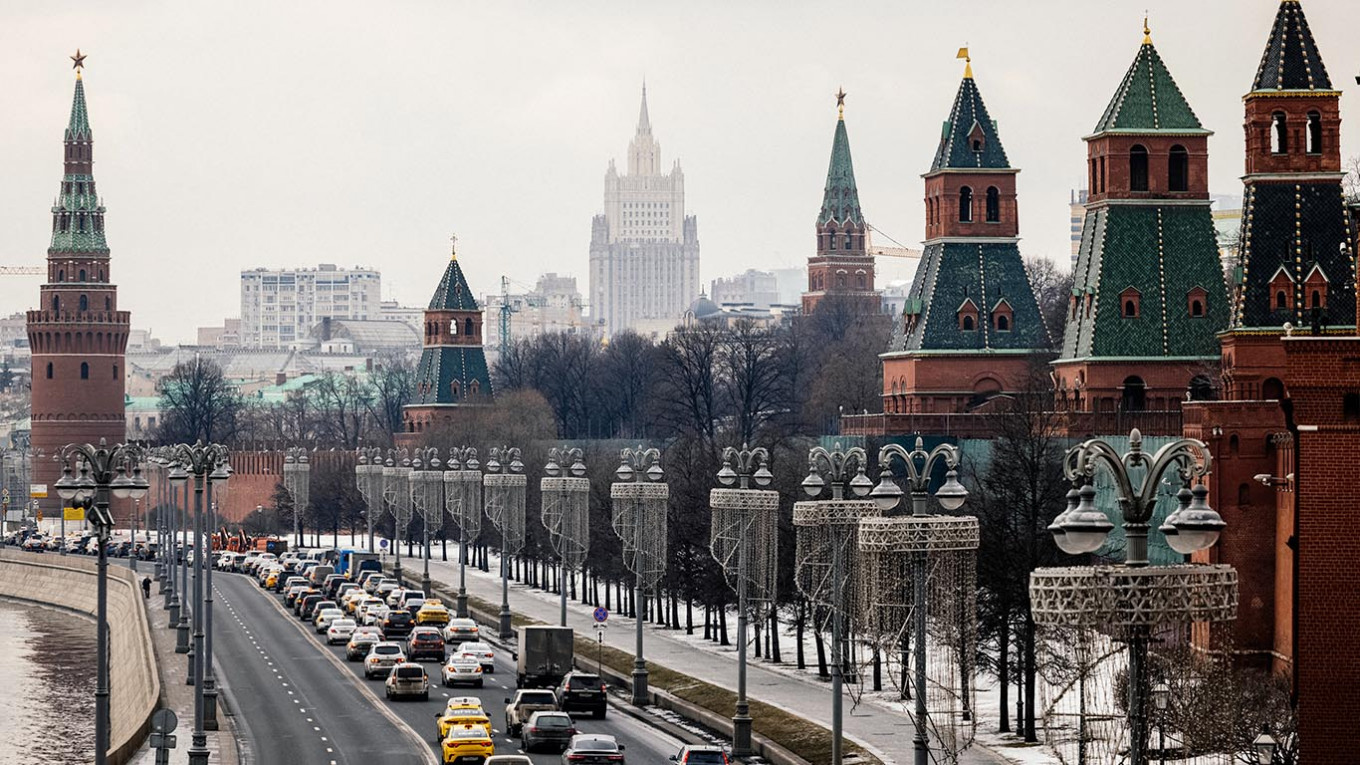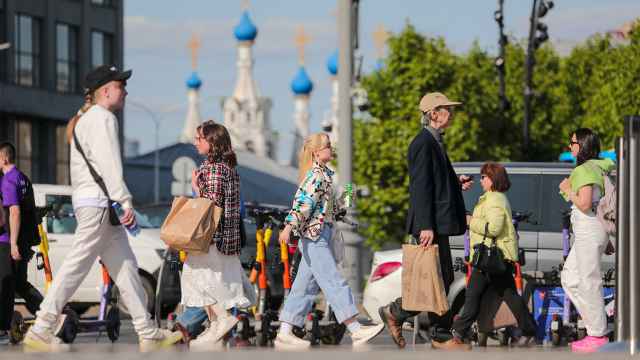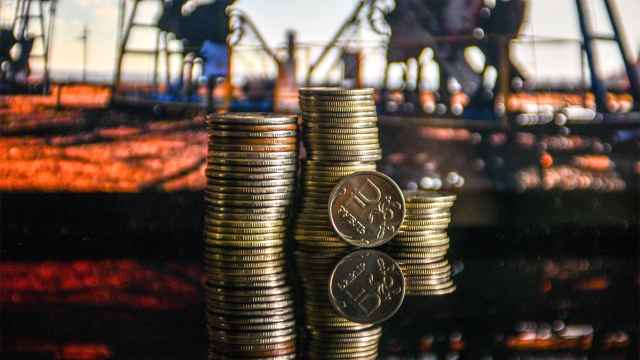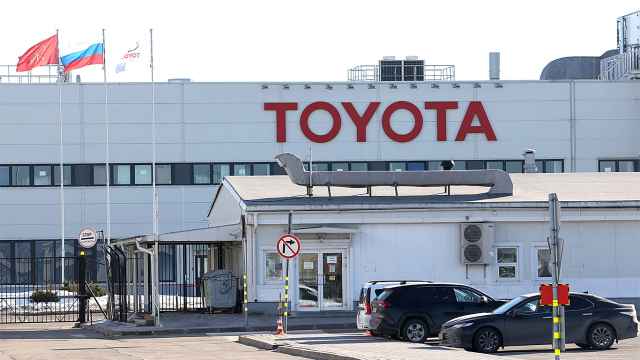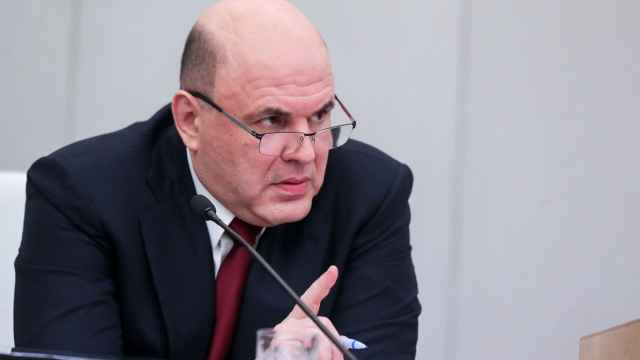Russian government spending set a record high in real terms for the post-Soviet era during 2020, as the government boosted outlays to fight the economic effects of the coronavirus pandemic.
Including all national and regional budgets, as well as some so-called “off-budget” spending by various government funds, the Russian state spent 42.1 trillion rubles ($560 billion) last year — the highest amount ever recorded, even after adjusting for inflation, according to Andrey Chernyavsky, a researcher at the Higher School of Economics (HSE), cited by news site RBC.
The Russian government introduced a number of measures to support households and businesses hit hard by the pandemic, including extra social payments for families with young children and higher unemployment benefits.
Compared with the unprecedented stimulus packages rolled out in richer countries, Russia’s program appeared small, and many groups that were left out complained about its “modest” scope. However, it won support from international organizations such as the World Bank and International Monetary Fund (IMF), which said it effectively helped cushion the blow and was well-targeted toward the most affected individuals and most important businesses.
Spending on social support, excluding pensions, rose 2.5-fold last year, the Bank of Finland’s Institute for Emerging Economies (BOFIT) calculated, while healthcare spending was up 30%.
As a proportion of GDP, state spending came in at 39.5% — five percentage points higher than the average over the previous decade and second only to the financial crisis in 2009, when Russia’s economy shrank by 7.8%. By comparison, the Russian economy shrank by 3.1% last year — one of the best performances among all major economies.
The jump in government spending also increased Russian households’ reliance on state support. The share of household income which is directly dependent on the state also hit a record high last year, at 36%, according to bank ING.
The Kremlin is planning to cut spending in 2021 and gradually return to its pre-pandemic policy of austerity, a close-to-balanced budget and the avoidance of large outlays that could trigger a rise in government debt, which is currently ultra-low by international standards at around a fifth of the country’s GDP.
A Message from The Moscow Times:
Dear readers,
We are facing unprecedented challenges. Russia's Prosecutor General's Office has designated The Moscow Times as an "undesirable" organization, criminalizing our work and putting our staff at risk of prosecution. This follows our earlier unjust labeling as a "foreign agent."
These actions are direct attempts to silence independent journalism in Russia. The authorities claim our work "discredits the decisions of the Russian leadership." We see things differently: we strive to provide accurate, unbiased reporting on Russia.
We, the journalists of The Moscow Times, refuse to be silenced. But to continue our work, we need your help.
Your support, no matter how small, makes a world of difference. If you can, please support us monthly starting from just $2. It's quick to set up, and every contribution makes a significant impact.
By supporting The Moscow Times, you're defending open, independent journalism in the face of repression. Thank you for standing with us.
Remind me later.


